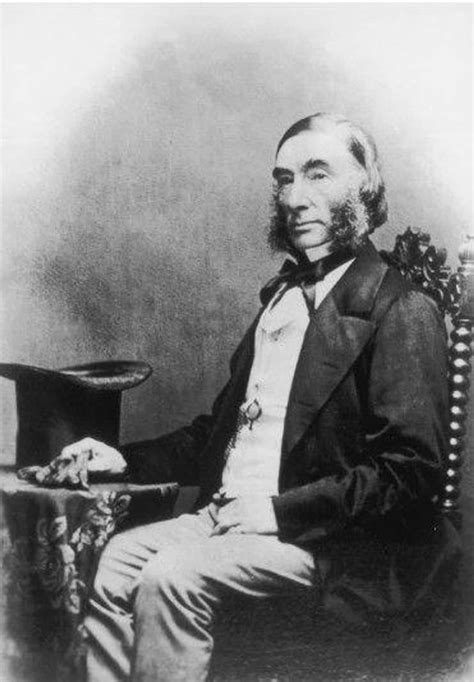A Quote by Thomas Huxley
I cannot but think that he who finds a certain proportion of pain and evil inseparably woven up in the life of the very worms, will bear his own share with more courage and submission.
Related Quotes
We find that even the parents who justify spanking to themselves are defensive and embarrassed about it....I suspect that deep inthe memory of every parent are the feelings that had attended his own childhood spankings, the feelings of humiliation, of helplessness, of submission through fear. The parent who finds himself spanking his own child cannot dispel the ghosts of his own childhood.
Jesus, I wondered, what do you do with pain so bad it has no redeeming value? It cannot even be alchemized into art, into words, into something you can chalk up to an interesting experience because the pain itself, its intensity, is so great that it has woven itself into your system so deeply that there is no way to objectify or push it outside or find its beauty within. That is the pain I’m feeling now. Its so bad, its useless. The only lesson I will ever derive from this pain is how bad pain can be.
We are conscious of an animal in us, which awakens in proportion as our higher nature slumbers. It is reptile and sensual, and perhaps cannot be wholly expelled; like the worms which, even in life and health, occupy our bodies. Possibly we may withdraw from it, but never change its nature. I fear that it may enjoy a certain health of its own; that we may be well, yet not pure.
The patriot, like the Christian, must learn to bear revilings and persecutions as a part of his duty; and in proportion as the trial is severe, firmness under it becomes more requisite and praiseworthy. It requires, indeed, self-command. But that will be fortified in proportion as the calls for its exercise are repeated.
In whatever area in life one may meet the challenges of courage, whatever may be the sacrifices he faces if he follows his conscience - the loss of his friends, his fortune, his contentment, even the esteem of his fellow men - each man must decide for himself the course he will follow. The stories of past courage can define that ingredient - they can teach, they can offer hope, they can provide inspiration. But they cannot supply courage itself. For this each man must look into his own soul.
To have faith requires courage, the ability to take a risk, the readiness even to accept pain and disappointment. Whoever insists on safety and security as primary conditions of life cannot have faith; whoever shuts himself off in a system of defense, where distance and possession are his means of security, makes himself a prisoner. To be loved, and to love, need courage, the courage to judge certain values as of ultimate concern – and to take the jump and to stake everything on these values.
Whoever is wise is apt to suspect and be diffident of himself, and upon that account is willing to "hearken unto counsel"; whereas the foolish man, being in proportion to his folly full of himself, and swallowed up in conceit, will seldom take any counsel but his own, and for that very reason, because it is his own.
Men are qualified for civil liberty in exact proportion to their disposition to put moral chains upon their own appetites…in proportion as they are more disposed to listen to the counsels of the wise and good, in preference to the flattery of knaves. Society cannot exist, unless a controlling power upon will and appetite be placed somewhere; and the less of it there is within, the more there must be without. It is ordained in the eternal constitution of things, that men of intemperate minds cannot be free. Their passions forge their fetters.





































